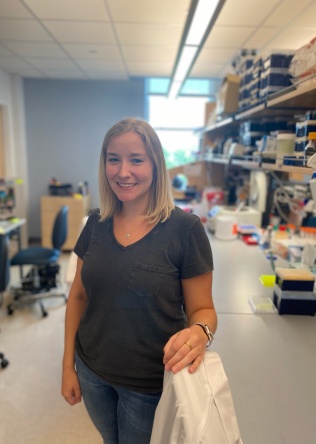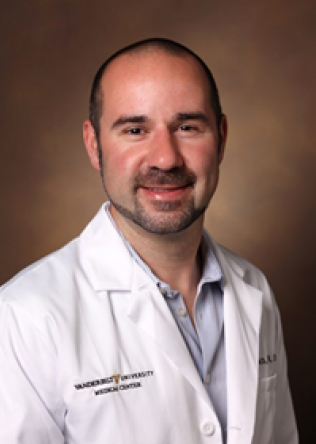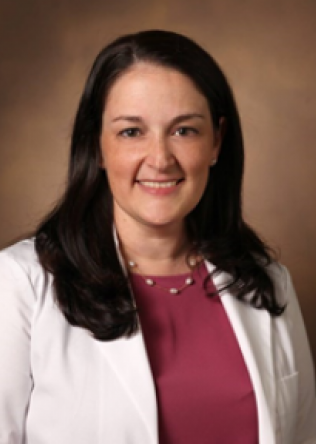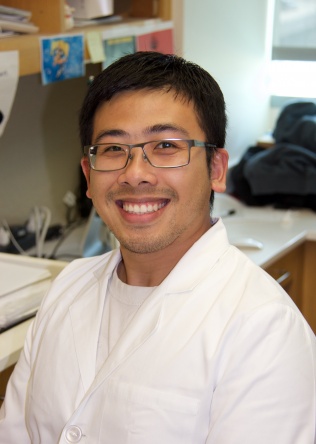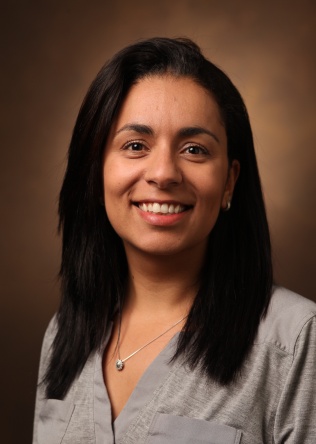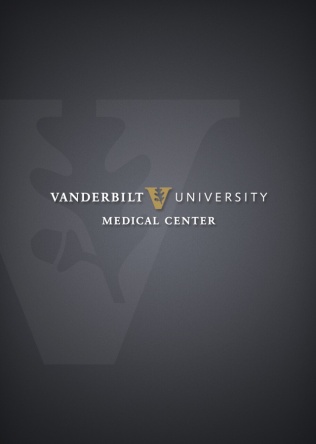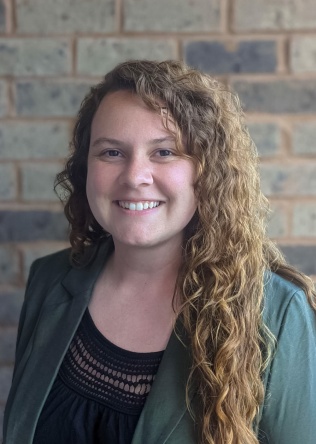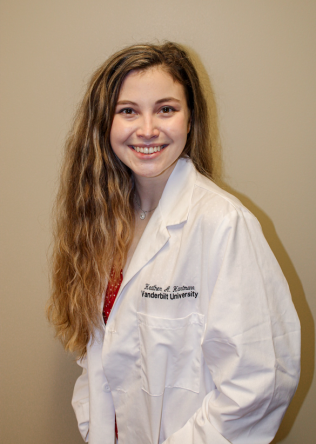Justin
Balko, Pharm.D., Ph.D.
Associate Professor of Pathology, Microbiology and Immunology
Associate Professor of Medicine
Associate Professor of Cancer Biology
Our laboratory is focused on improving treatment oucomes in breast cancer (particularly triple-negative breast cancer) as well as in other solid tumors. To accomplish this, we integrate data from genomic and molecular profiling studies with molecular biology and signal transduction methodologies to translationally identify altered pathways in cancer, the functional consequences of these alterations, and ways to directly target them in patients to improve clinical outcomes and survival. These efforts span in silico (publically available databases), in vitro (cell culture), in vivo (mouse and human clinical studies) and in situ (histology) methods. We have a strong interest in the intersection between new immunotherapies and tumor cell signaling pathways.
We are currently exploring ways of targeting drug-resistant tumor cells which persist after neoadjuvant chemotherapy (NAC). NAC is used increasingly in patients with triple-negative breast cancer (TNBC), which does not express estrogen receptor, progesterone receptor or human epidermal growth factor-2 (HER2) amplification. The purpose of NAC is to increase the patient's chances of undergoing breast-conserving surgery and to eliminate clinically silent micro-metastases. When employed, NAC results in pathological complete response (pCR) in about 30% of TNBC patients. These patients have a favorable recurrence-free and overall survival. The remaining patients with residual viable cancer in the breast or lymph nodes exhibit high rates of metastatic recurrence and an overall poor long term outcome.
Importantly, there are no approved therapies for use in TNBC patients with residual disease at surgery following NAC. For these patients, the standard of care is watchful waiting. In light of this, we performed molecular profiling of the residual disease from such patients in order to identify clinically actionable alterations that could be exploited therapeutically to reduce recurrence and mortality. From these studies, we have identified loss of dual specificity phosphatase 4 (DUSP4) in a significant percentage of post-NAC TNBCs (Balko et al, Nature Medicine, 2012) . DUSP4 is a phosphatase which negatively regulates the MEK and JNK signaling pathways and is a potential tumor suppressor. We have recently shown that DUSP4 regulates cancer stem cell-like phenotypes and chemotherapeutic resistance (Balko et al, Cancer Research, 2013). Furthermore, our mechanistic studies suggest that DUSP4-deficient breast tumor models are targetable by inhibitors of MEK or ERK.
We have also recently used targeted next-generation sequencing to characterize the spectrum of tumor-genome lesions in a series of 74 post-NAC TNBCs and have detected several potentially actionable molecular alterations (Balko et al, Cancer Discovery, 2014). Importantly, several of these alterations (including amplification of MCL1, JAK2, and loss of PTEN) are enriched in residual drug-resistant tumors after chemotherapy compared to primary untreated tumors. These data suggest additional actionable molecular targets which could be exploited in the adjuvant setting to reduce recurrence and improve survival of this devastating disease, and validation of these concepts will also be a continuing focus of the laboratory.
justin.balko@vumc.org
Translational cancer research focused on molecular therapeutics, onco-immunology & bioinformatics
